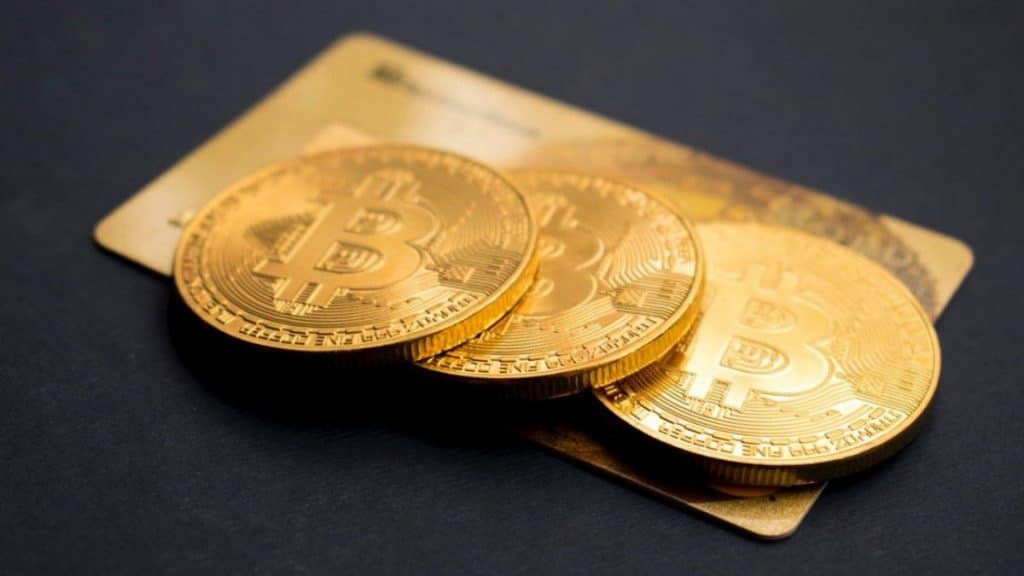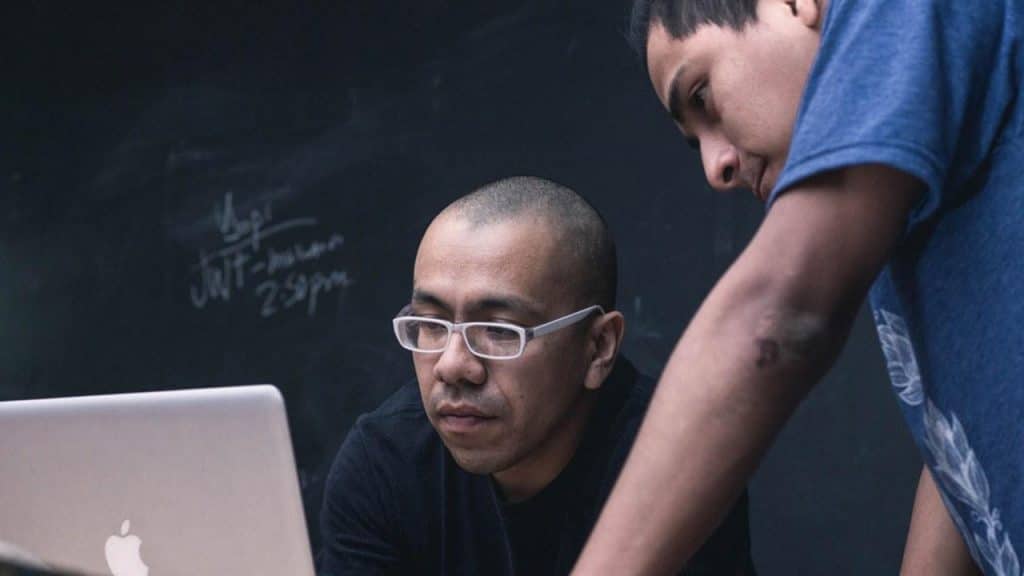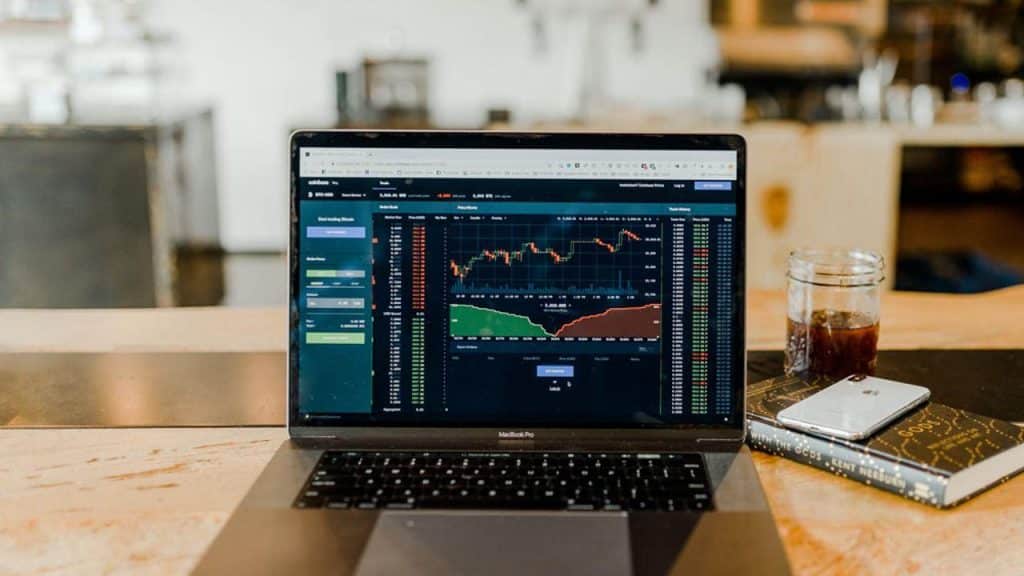Bitcoin has become somewhat of a buzzword, drawing the interest of experts and beginners alike. To begin with some background information on bitcoin 101, in October 2008, a person or group of people, using the pseudonym ‘Satoshi Nakamoto’, announced that they had been creating an electronic cash system. This system would function peer-to-peer, requiring no third party like a bank. The legendary whitepaper Bitcoin: A Peer-to-Peer Electronic Cash System was published along with the announcement.
Just before this, in September 2008, the housing market crash, in which banks were condemned for charging excessive fees and misusing funds, amongst other things, occurred. As early as this, people became tired of the middleman and the centralised system. There was corruption, and people were sick of it. In this context, the first bitcoin (Block 0 or The Genesis Block) was mined in January 2009.
What is Bitcoin?

The bitcoin 101 definitions would describe it simply as a form of money that is electronic. Better known online as a cryptocurrency, it is a virtual or digital currency entirely decentralised and functions independently of banks. This form of currency can be sent from party A to party B using the peer-to-peer bitcoin blockchain network, and there is no need for any middleman. As opposed to government-issued currencies, it has no physical form as it is produced using computers that solve mathematical problems for their creation.
Since there are no physical forms of the currency, all balances are held online in a public, transparent ledger that anyone can access. This means that everyone with access to the ledger can verify how many coins exist, where they come from, and how they are being used. A network of computers verifies all transactions. With normal money, these records are held in a bank and only accessible to certain people. The bank backs the value and the amount of money in existence, and there is no transparency.
As it cuts out the middleman or the bank, it promises lower or no transaction fees. It is not valuable as an actual commodity. However, it is quite popular and is used by massive companies such as Dell, PayPal, and Microsoft. Being the first of its kind, its growth in popularity and acclaim has resulted in the creation of various other currencies like it. Collectively, virtual currencies of all different kinds are called Altcoins. Bitcoins and other virtual currencies can purchase various products and services. However, many stores have not yet adopted Bitcoin as a form of payment, and some countries, such as China and Ecuador, have banned its use.

Bitcoin 101: A Deeper Understanding Of The Currency
Bitcoin 101: A Deeper Understanding Of The Currency
It’s easy enough to understand that Bitcoin (or BTC) is a digital currency, but what is it? A network of computers, otherwise called nodes, runs the relevant codes for BTC and holds its blockchain. A blockchain is a digital, public ledger of transactions that is decentralised and keeps track of information. Each block houses several transactions, and all the information is distributed on a network of computer systems.
The nodes running the Bitcoin blockchain all have access to the entire ledger. This means they can see all transactions when new blocks filled with transactions are added. Because of this, it is very difficult to falsify transactions (such as stealing coins or committing fraud). There is no need to run a node to access the information. The actual currency can be thought of as a file of digital information. This information can be exchanged for goods or services. The balances of Bitcoin, or digital information files, are stored through public and private keys. The keys are combinations of numbers and letters linked to each other by the encryption used for their creation.
When performing transactions, the public and private keys perform in the same way as a bank account and a bank card pin code would work, respectively. Your public key is the account number that users use to send you BTC, and your private key is the code you use to allow transactions. In other words, your funds are locked in your public key and can only be accessed using your private key.
Important Properties of BTC To Be Aware Of
While everyone on the blockchain will be aware of your public key, or the address to which they can transmit bitcoins, they will not know your identity. This means that while all transactions are public knowledge, nobody knows that you, John Smith, have 20 BTC to your name. Your privacy is secure.

Another thing to note is that since there is no middleman or transaction confirmation needed from a central authority, transactions are immediate. They occur within a few minutes. In the same breath, it is irreversible once the transaction is official. If you’ve made a mistake or sent money to the incorrect address, you’ll simply have to accept it for what it is because there is no going back. Lastly, using BTC is not the same as joining a bank. There are no sign-ups or terms and conditions to agree to get permission to use it. All you need to do is install the downloadable software, and you’re good to go.
How Does It Work
Let’s recap. Bitcoin is a form of currency that is completely digital. It uses blockchain, or peer-to-peer technology, to allow for transactions in which users exchange currency for goods and services. The blockchain is dependent on a network of computers to run. These computers are called nodes. Another name for the blockchain’s computers is ‘miners’. The miners are the individuals who validate the passing of the crypto from one to another. Much like in a bank, they are the ones who ensure the credibility of transactions.
However, unlike a bank, they are a decentralised authority. What is it that ensures these miners keep processing transactions? Their motivation is the release of the coin. When they process transactions, they solve complex mathematical problems. After they have completed these number-crunching tasks, they are rewarded by the release of bitcoin. This process of solving mathematical problems to facilitate transactions and generate new bitcoin is the same way it is created. However, new BTC is being released at a declining rate as the mathematical problems have been set up to become progressively more complex to solve. This means it becomes more difficult to mine as more gets released.
The slowing rate at which they are created is also based on the fact that the total number of bitcoin that can ever be mined is limited to approximately 21 million. Instead of releasing coins at the same rate at which goods are created (which functions to ensure price stability in the normal banking system), the release rate is predetermined using an algorithm. For this reason, the value of the existing currency cannot be lowered.

How Does A Non-Miner Obtain BTC?
If you are a business or are self-employed, you can choose to accept bitcoin for the goods or services you provide. You simply have to provide your public key (or wallet address). Due to the currency’s popularity, there are also several websites that function as job boards that connect people looking to work for bitcoin with people wanting to pay in it. Examples of these include Cyptogrind and Coinality. Investing in and exchanging BTC is also an option. Several sites, such as Coinbase, facilitate the exchange of regular money for bitcoin. Bitcoin ATMs are also available for the exchange of another cryptocurrency for bitcoin.
Associated Risks
The high volatility of the currency is what turns most people off. Hacking and scams are also quite common practical risks to be aware of. The scams work much like any other scam. They offer you something that seems too good to be true, you pay them, and that’s the last you see of your money. It also comes with some regulatory risks, as governments often see it as competition for the country’s currency and think it attracts black market activity. For this reason, its universality may not stand.
The Future Of Bitcoin
Since it still feels relatively experimental to many, the widespread implementation of bitcoin in business may slowly take off. However, it is clear that it comes with benefits, and these upsides are attracting millions around the globe. If you’ve decided to jump on the cryptocurrency train, then a bitcoin 101 breakdown is the best place to start. After you’ve moved past the beginners’ guide to bitcoin, investigate some trading practices and download the necessary software.

















